I am new to Vim and I want to consider Vim as a potential code IDE for developing Python and C/C++ codes.
After struggling a lot I finally managed to install enough Plugins such as YCM,color-schemes,... to get a minimum development environment. What I am struggling to fix are as follows:
1-Vim must automatically split a window into three panels for a python or C/C++ file to edit like the attached image. Note: The vim or .vimrc setting must be set to be plain for other file types.
2-YouCompleteMe popup menu must be limited in size and get specific background(bg) and font color.
3-The 2 extra panels YCM popup doc and GDB/Compiler output should not write to file and the user should insert only once :q! or :wq to quit from the main file window (user should not close all the panels separately).
4-The compiler/gdb output must be shown in its dedicated window with scroll capability.
Thanks